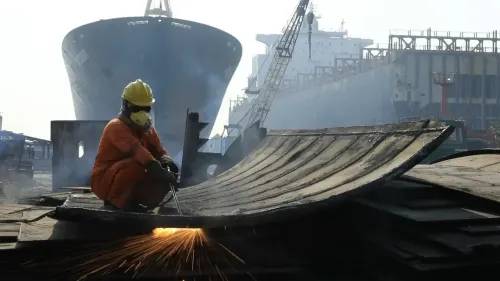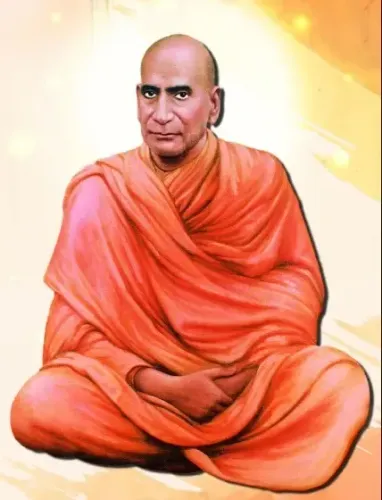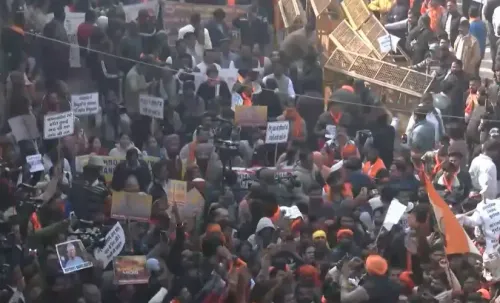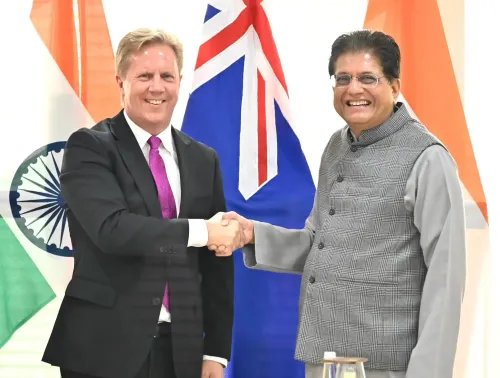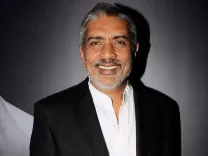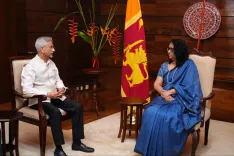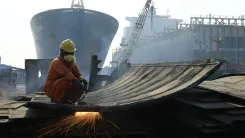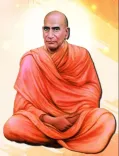Why Does India Cherish Its Partnership with the Netherlands?
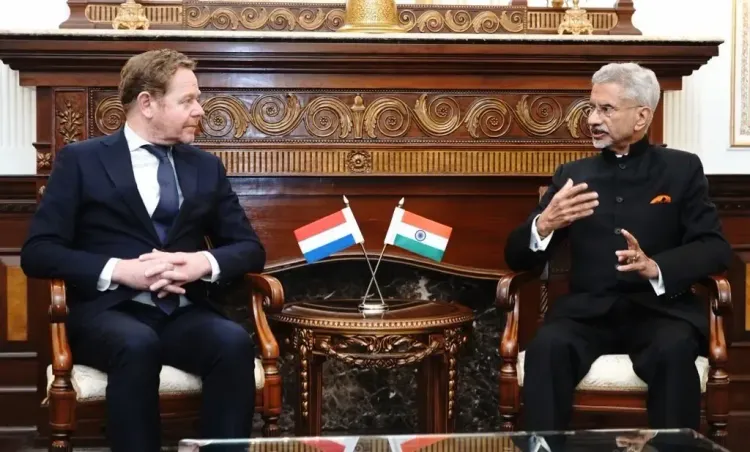
Synopsis
Key Takeaways
- India values its relationship with the Netherlands as a key EU player.
- Negotiations for a Free Trade Agreement with the EU are at a critical stage.
- Areas of cooperation include agriculture, health, and emerging sectors like semiconductors.
- The meeting highlights the commitment to deepen bilateral ties.
- Strategic partnerships are vital for mutual growth and development.
New Delhi, Dec 19 (NationPress) External Affairs Minister (EAM) S Jaishankar emphasized that India holds its relationship with the Netherlands in high esteem, both in bilateral terms and as a significant member of the European Union (EU). He mentioned that India seeks the Netherlands' backing as New Delhi progresses into a pivotal stage of negotiations regarding the EU's Free Trade Agreement (FTA).
During his opening statements at a meeting with the Netherlands’ Foreign Minister David van Weel in New Delhi, EAM expressed, "I am truly pleased that on this visit, you have had the chance not only to meet some of my colleagues but also to explore various regions of India and areas of mutual interest. I'd like to begin with the meeting between our Prime Minister and your Prime Minister in Johannesburg, where they reaffirmed their dedication to advancing this relationship. We greatly appreciate our ties with the Netherlands, both bilaterally and as a crucial EU member."
“As we convene today, we acknowledge that several significant agreements have been established over the past months, enhancing our cooperation. We also look forward to your support as we transition into what I hope will be a decisive phase in our discussions with the European Union on the Free Trade Agreement. Our strategic partnership extends into water management and is complemented by robust cooperation in agriculture, health, science, technology, and shipping,” he elaborated.
EAM Jaishankar highlighted that the rise of new areas of collaboration, such as semiconductors, presents a chance to elevate the aspirations of the bilateral relationship.
"Whether it concerns semiconductors, digital technologies, cyberspace, or life sciences, we are eager to collaborate more closely with you," the EAM asserted.
Foreign Minister David van Weel arrived in New Delhi on Thursday for an official visit aimed at strengthening bilateral relations.
Welcoming the Dutch Foreign Minister, the Ministry of External Affairs (MEA) shared on X: "His visit and engagements in Delhi and Mumbai will aim to further deepen and diversify India-Netherlands bilateral relations.”


